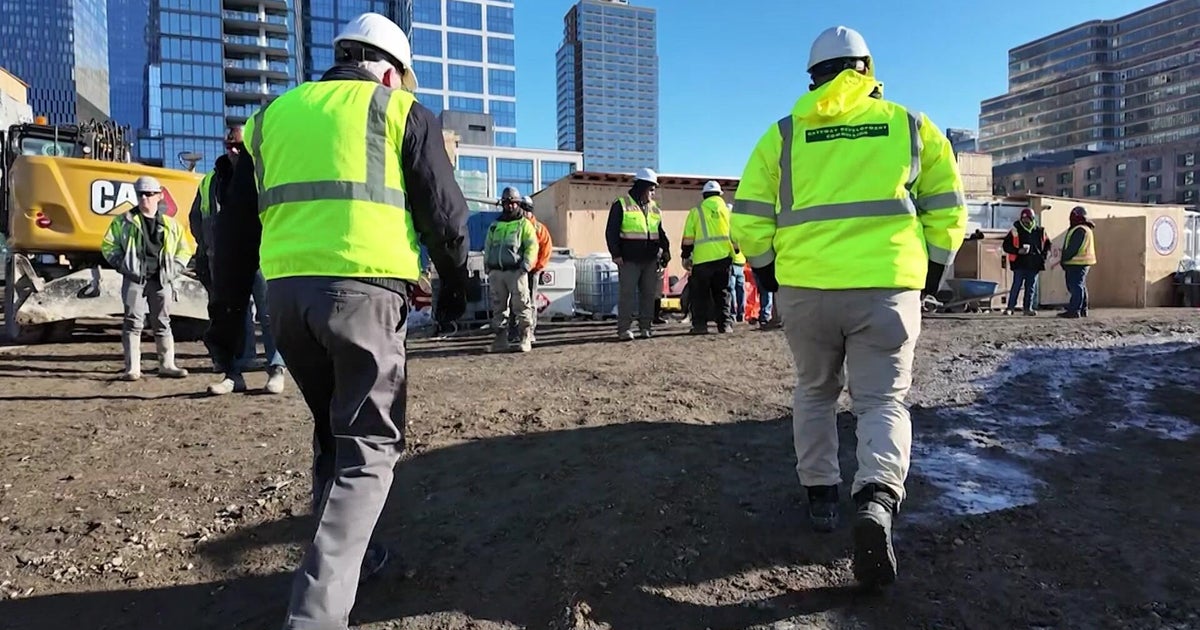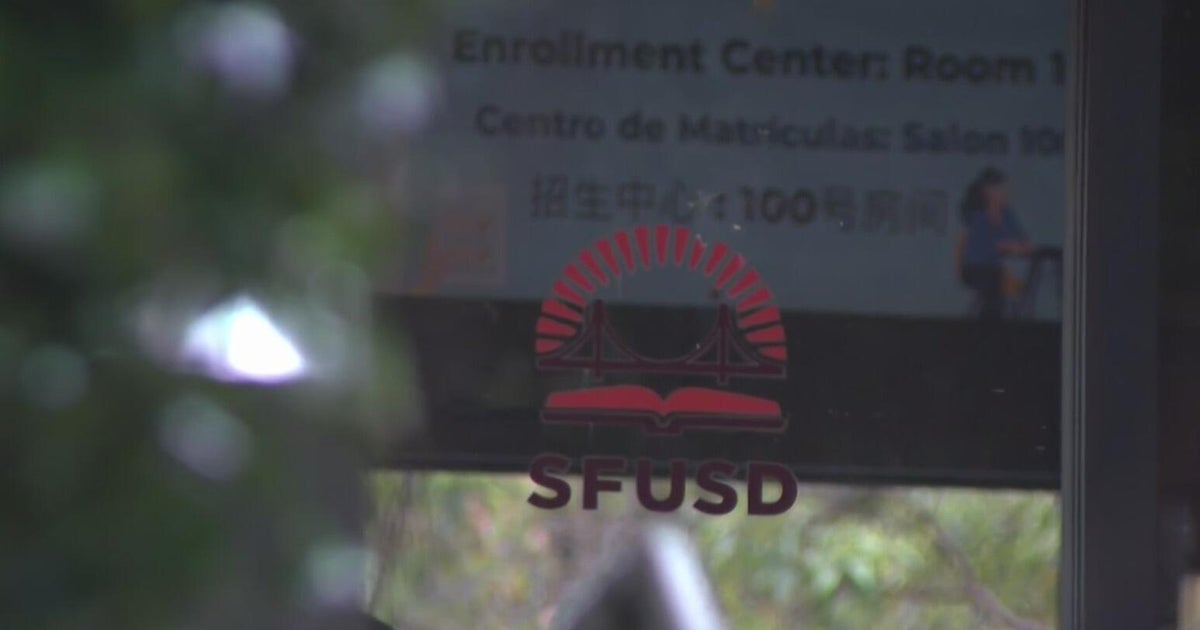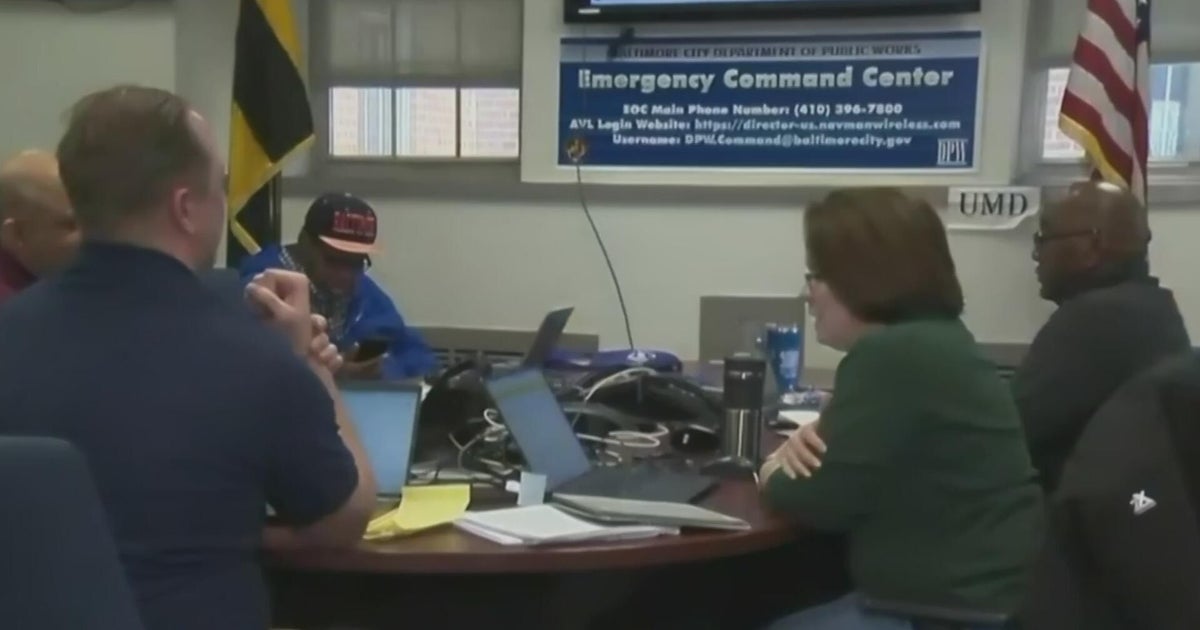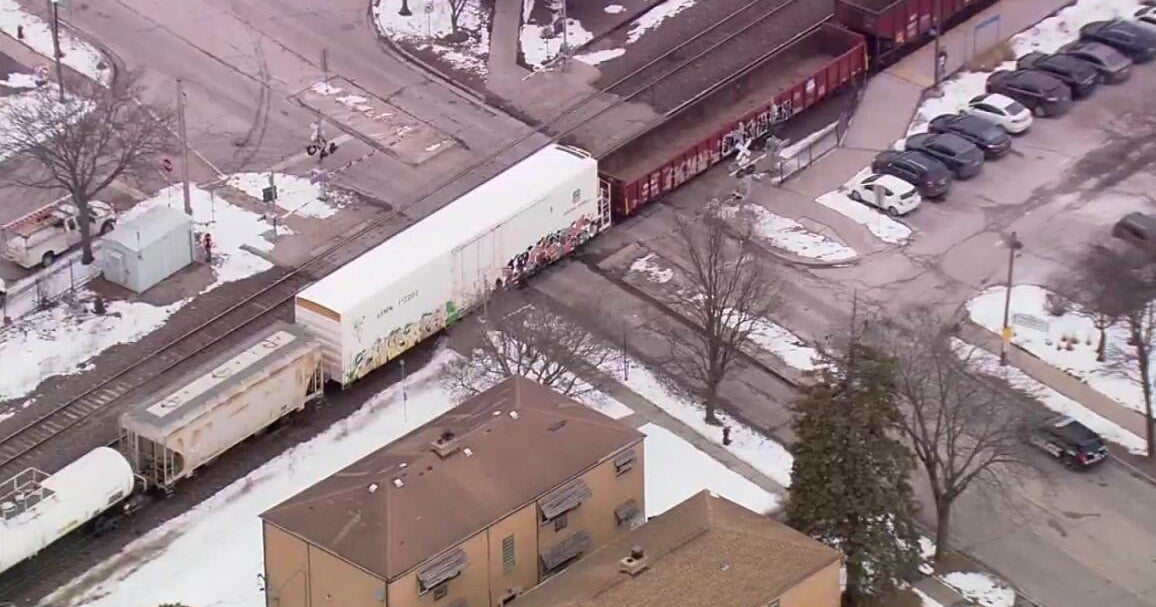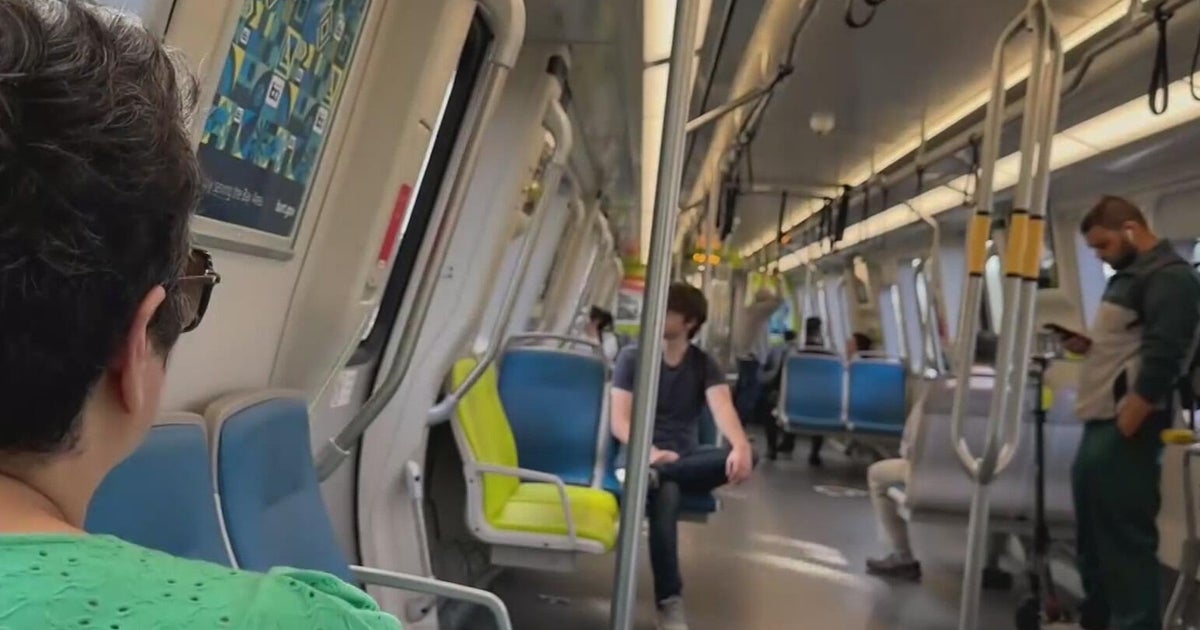Exclusive: Union Leader Talks On What's Behind All The NJ TRANSIT Woes
NEW YORK (CBSNewYork) - Over the past couple of weeks there has been an epidemic of annulled NJ TRANSIT trains due to maintenance issues and a shortage of personnel.
CBS2's Meg Baker met with union leadership to ask what's really going on.
Everyday it's something else: Commuters left waiting on platforms, not knowing if and when the next train is going to show up. NJ TRANSIT blames engineer's unplanned absences, positive train control implementation, and maintenance work.
But why weren't these things planned for?
SMART Transportation Division General Chairman Stephen Burkert represents conductors and he questions why the transit agency did not run a modified summer schedule knowing the December PTC deadline.
"Don't strain every day to run a regular schedule if it's so stressful for everybody," said Burkert. "Call your schedule back a little bit, run something you know you can run everyday."
Reliability is lacking, and frustrations are running hot. Officials at NJ TRANSIT say they altered some service in order to meet the deadline for positive train control.
Starting in September, the Atlantic City line will be suspended, and there will be no trains into New York City on the Raritan Valley Line during off-peak hours.
Burkert wrote an open letter to commuters asking them not to take this anger out on the men and women who work the trains.
"You are beating up the wrong people," he said. "We are the ones coming to work. I've had two female conductors physically thrown from a train recently for no other reason than passengers angry with service from NJ TRANSIT."
Abuse and deadlines have hurt morale, and in turn that has affected worker absences.
"Morale does have a lot to do with it," said Burkert. "It's turning into a rough place mentally to work."
Engineers are leaving to go to other railroads that are paying $10 an hour more in wages.
"We have increased conductors classes, so we are hiring," said Burkert. "They've also tried to increase engineer classses. The money is allotted. How they can increase hourly wage at this point needs to be discussed."
Beyond engineers, there's also a literal nuts-and-bolts issue required to keep trains running.
"Mechanical issues are stemming from we have no spare parts," he said. "You cannot just walk it a hardware store and buy something. A lot of these parts take two to three months to order to get something back."
Union leaders say they are sitting down at the table to work with NJ TRANSIT and the governor's office to make things better.
